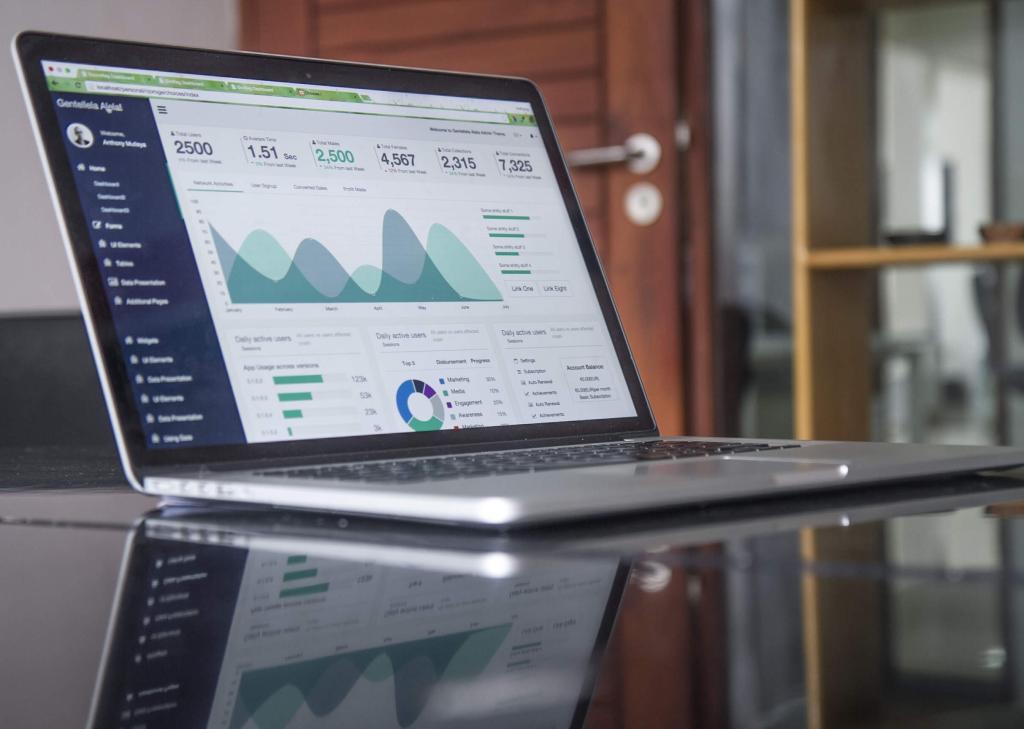Abstract
In this project we explore how learning analytics can be used to support self-regulated learning in online learning environments. This will be done by leveraging learning analytics to support the goal setting and goal monitoring process, and by offering personalised interventions tailored to students’ needs to maximize their benefits.
About the project
The rapidly increasing role of technology in higher education has opened the door to many novel ways of supporting students during the learning process. Furthermore, the shift towards blended learning has made the ability for students to self-regulate their learning process more important than ever.
This project focuses on development and implementation of a learning analytics assisted goal setting tool, to help support higher education students self-regulated learning in online learning environments.
This project has three main aims:
- Test the effectiveness of a learning analytics supported goal setting and monitoring tool in supporting student performance.
- To understand how individual characteristics influence how students use and benefit from this tool.
- To understand how learning analytics tools can be personalized to improve their effectiveness.
Approach
This project will apply a multidisciplinary approach and combining insights from many different fields including psychology, educational sciences, learning analytics and educational data mining. The aim is to bridge the gap which often exists between learning analytics research and existing educational science theory.
Expected outcomes
Overall, the desired outcome is to be able to offer guidelines for how learning analytics tools can be personalized to increase the effectiveness of goal setting interventions to support learning and performance. The focus will be on personalizing tools to account for student characteristics like self-efficacy, perfectionism, and procrastination tendencies, all of which have been previously shown to influence performance in higher education students. The goal is to provide insight into the application of learning analytics tools on a student level, so that their potential benefits can be maximized.
Partners
Erasmus School of Social and Behavioural Sciences, Erasmus University Rotterdam
Faculty Electrical Engineering, Mathematics and Computer Science - TU Delft






